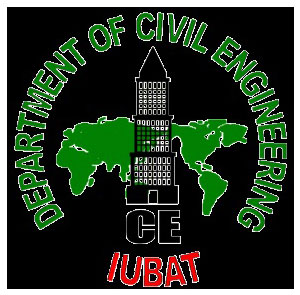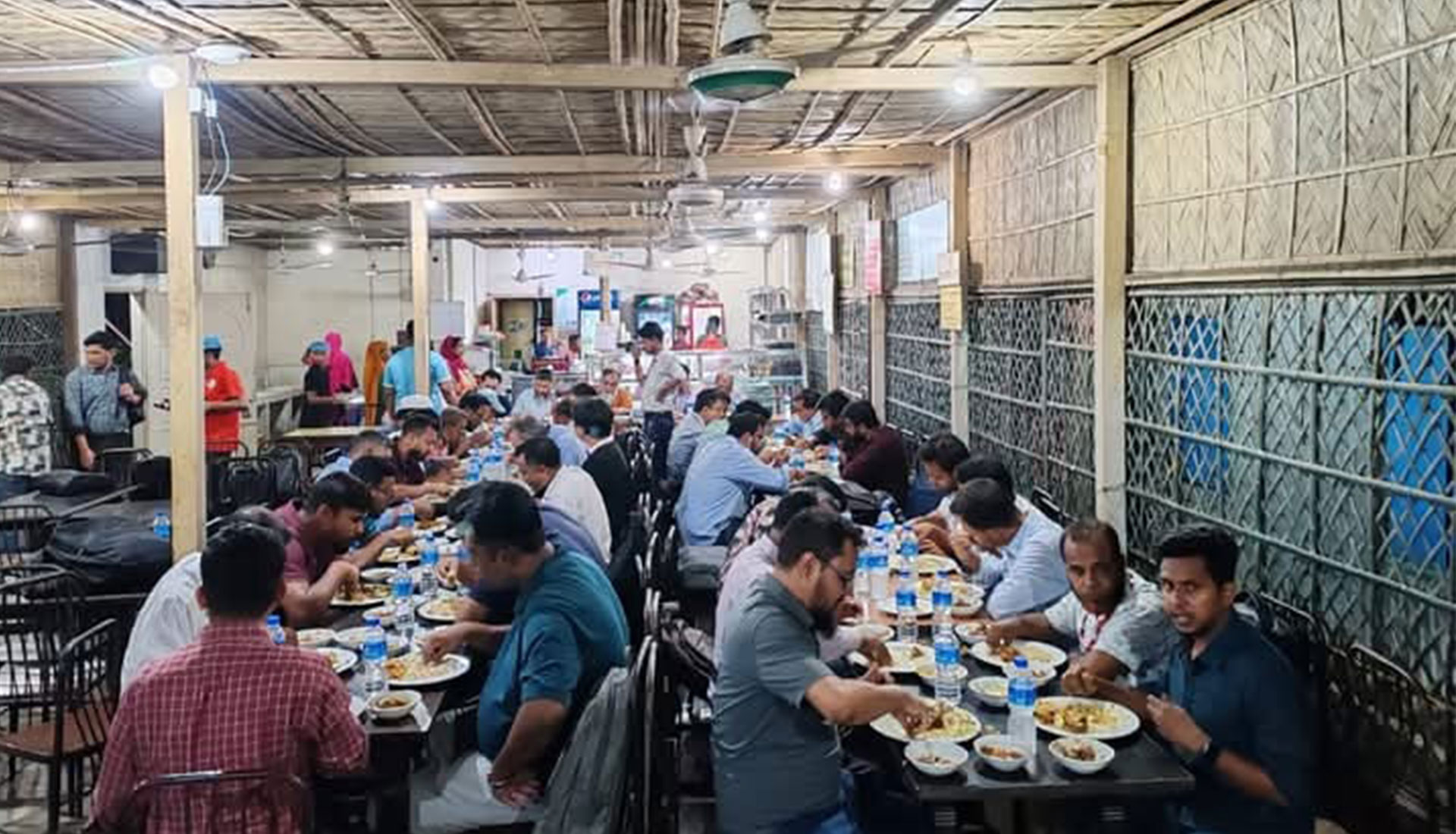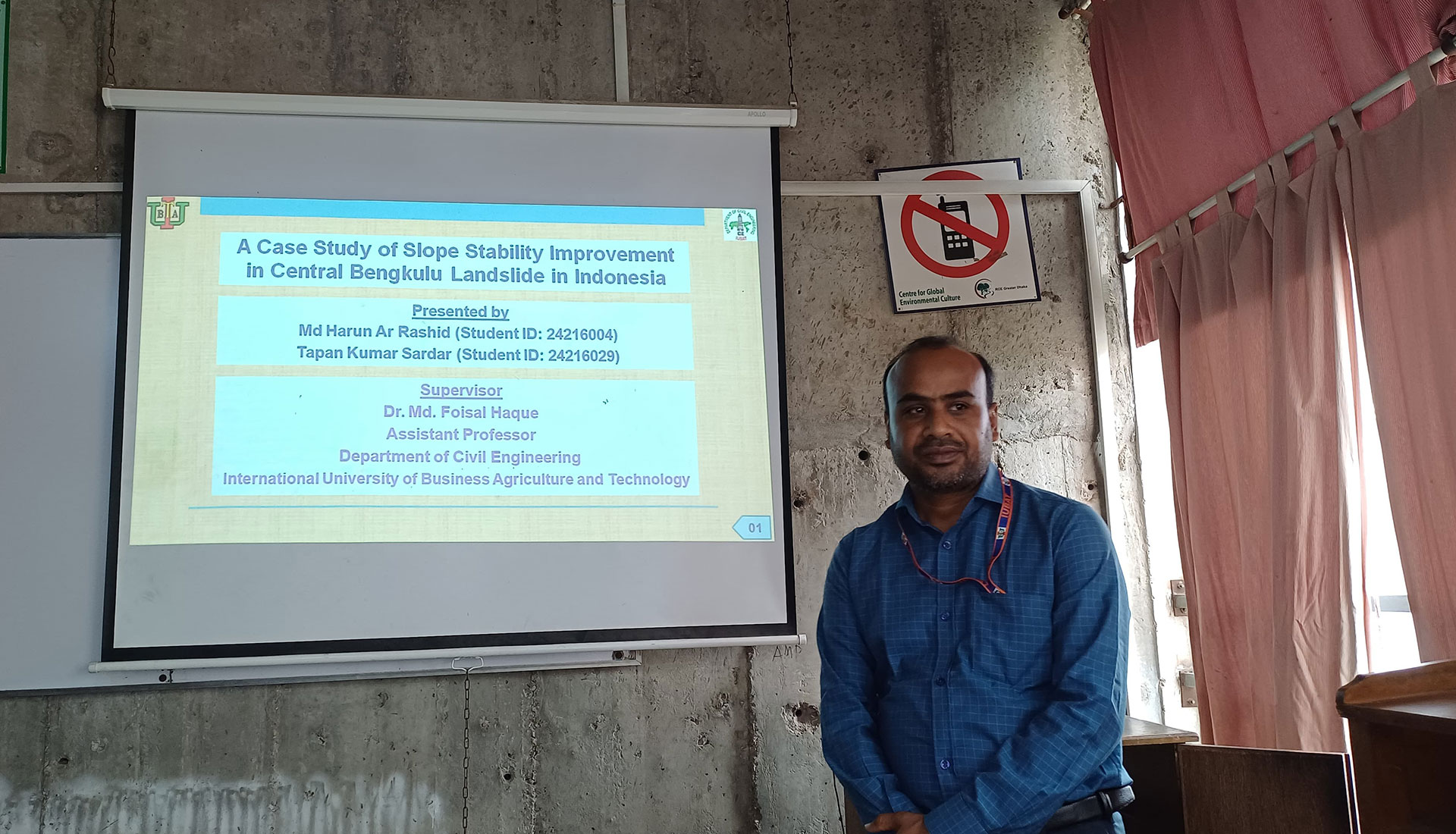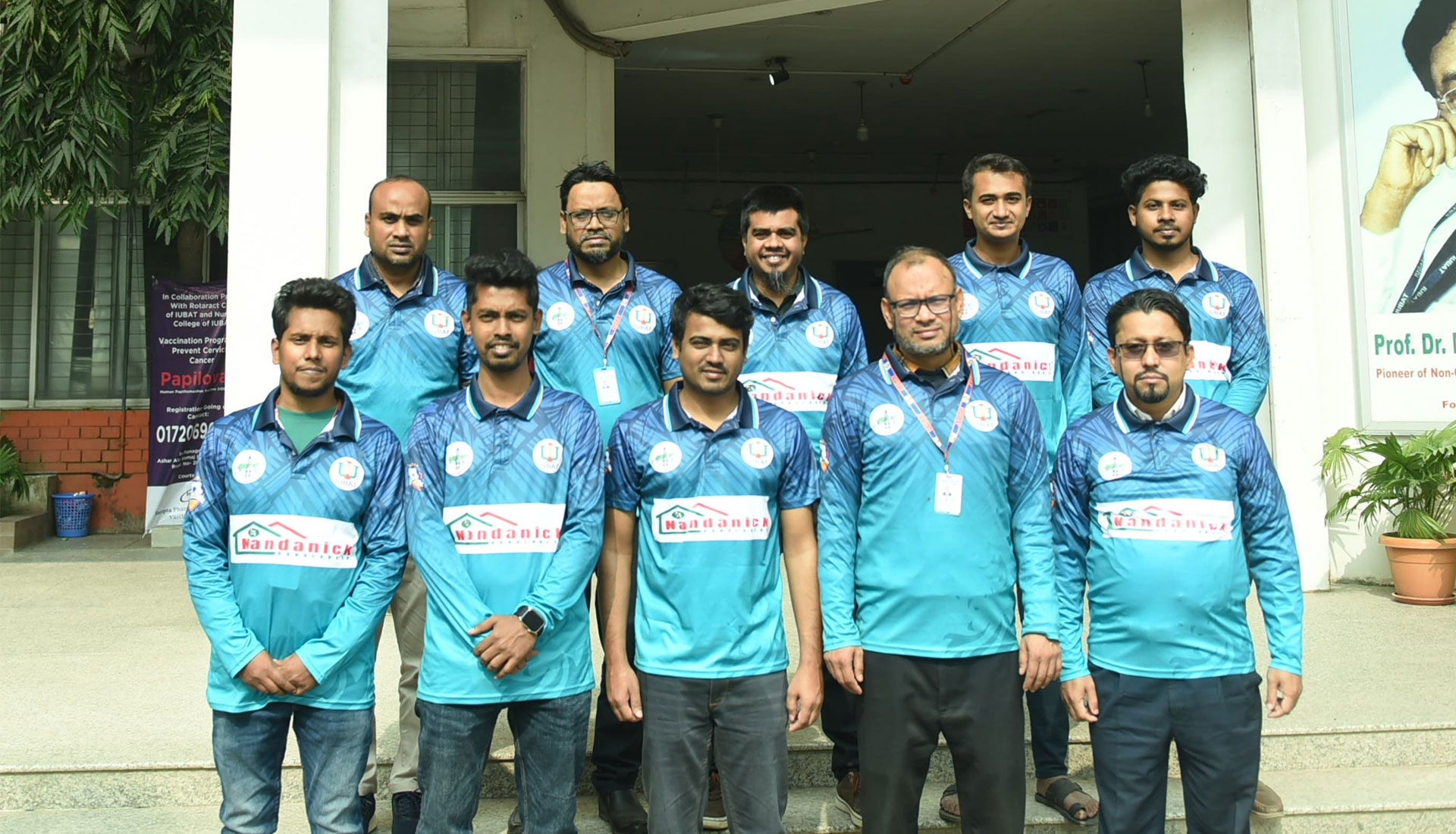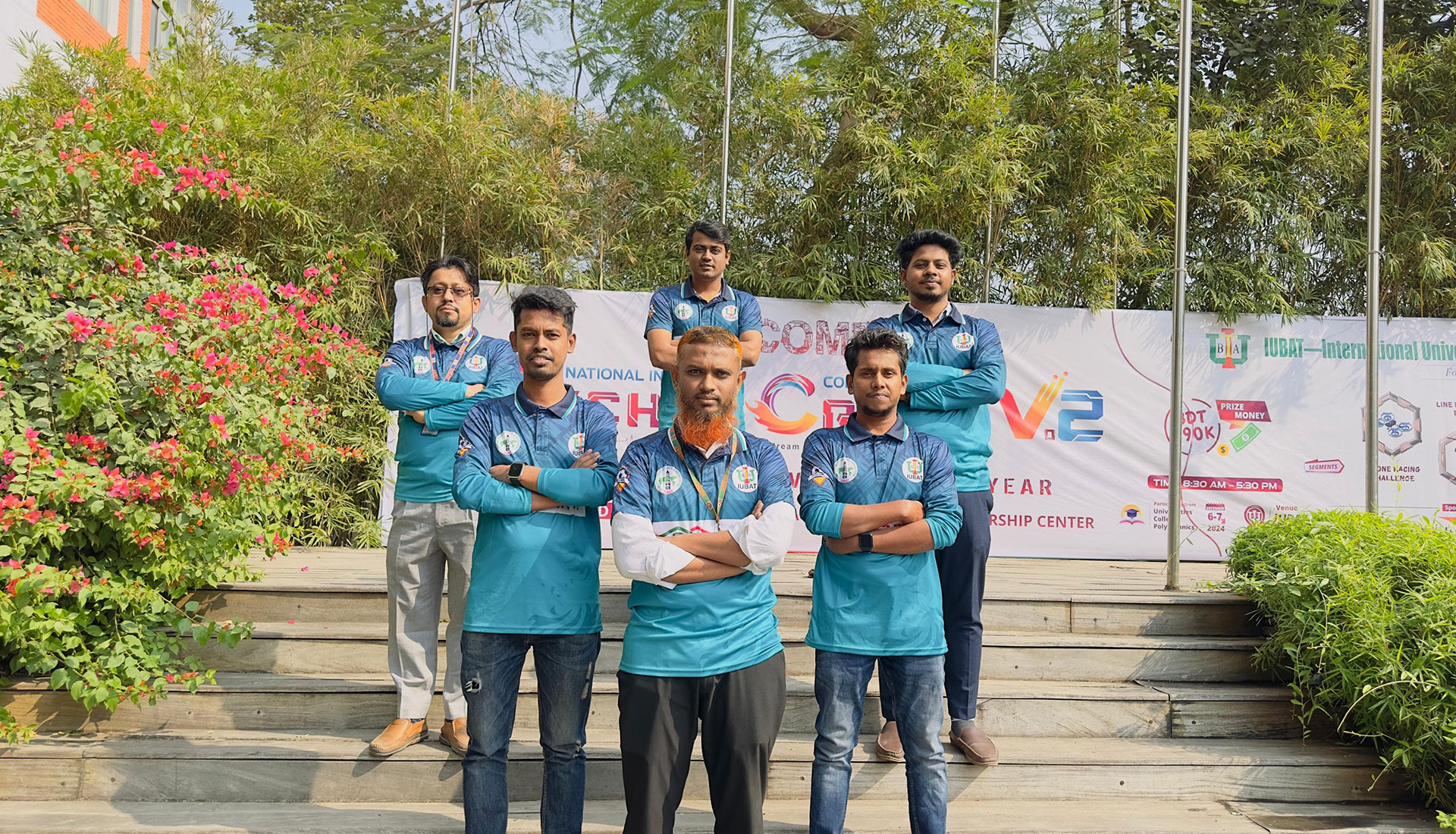Course information
• Number of Mode for Master’s of Science in Civil Engineering:
(a) By Research (32 Credit)
(b) By Mixed Mode: 40 Credit (24 Credit Coursework + 16 Credit Thesis)
(c) By Coursework: 40 Credit (33 Credits Coursework + 7 Credit Project)
• 03 Semesters Over 1.5 Years
• Requirement minimum CGPA for graduation: 2.65
• Total class weeks in a semester: 14 weeks
Course information
(a) By Research
1. For admission to the courses leading to the award of the degree of for Master’s of Science in Civil Engineering a candidate must have obtained a Bachelor of Science in Civil Engineering, or an equivalent degree with at least a CCPA of 2.65 on a scale of 4.00 or its equivalent from any recognized University/Institution in the relevant field/branch and must have obtained at least a CGPA of 3.50 on a scale of 5.00 or its equivalent both in SSC and HSC levels. For Diploma 2.65 on a scale of 4.00 or its equivalent from any recognized polytechnic institute.
2. (i) One paper needs to be published in Scopus-indexed journal or (ii) an IUBAT journal/equivalent or (iii) two years of teaching/research experience at the university level.
(b) By Mixed Mode and Coursework
1. For admission to the courses leading to the award of the degree of Master’s of Science in Civil Engineering, a candidate must have obtained a Bachelor of Science in Civil Engineering, or an equivalent degree with at least a CGPA of 2.65 on a scale of 4.00 or its equivalent from any recognized University/institution in the relevant field/branch and must have obtained at least a CGPA of 3.50 on a scale of 5.00 or its equivalent both in SSC and HSC levels. For Diploma2.65 on a scale of 4.00 or its equivalent from any recognized polytechnic institute.
Grading System
1. Grades
IUBAT follows a letter grading system and the grades A+, B+, B, C, F, I, S, U, and W are considered passing grades. The numerical equivalent of grades with the meaning of each grade is given below:
| Numerical Marks | Performance | Letter Grade | Grade point |
| 90- I 00 | Excellent | A+ | 4.0 |
| 80-89 | Very good | A | 3.5 |
| 70-79 | Good | B+ | 3.0 |
| 60-69 | Average | B | 2.5 |
| 50-59 | Pass | C | 2.2 |
| Below 50 | Failing | F | 0.0 |
| lncomplete | – | I | – |
| Satisfactory | – | S | – |
| Unsatisfactory | – | U | – |
| Withdraw | – | W | – |
2. Distribution of Marks
The performance of a student in a course is evaluated based on a scheme of continuous assessment and semester final examinations. For theory courses, this continuous assessment is made through a set of class participation, assignment, class test, and term papers, etc. The distribution of marks in the continuous assessment and semester-final examinations is as follows:
| Activity | Percentage |
| Class Participation | 10% |
| Assignments and Term Paper | 15% |
| Class Tests | 25% |
| Semester Final | 50% |
Student Support Services
• Academic advising and personal counseling
• Faculty consultation times by course
• RA support
• Practical training in laboratories and fieldwork
• Professional development workshops
• Workshops and seminars
• Grooming
Extra Curricular Activities
• Physical and recreational facilities
• Indoor and outdoor sports.
• Students Society.
• Student’s engagement in various festivals and competitions.
Counseling & Guidance
• The facilities of counseling and guidance are available to students under the leadership of qualified Clinical psychologist.
• This service is provided under the Counseling and Guidance Centre of IUBAT.
Community Services
• Provide multidisciplinary professional consultancy to various categories of clients including public and private sectors.
• Provide multidisciplinary and market oriented professional training to individual and professional groups of various organizations.
• Conduct basic and applied research on physical , biological, environmental and agricultural sciences.
• Invent and promote appropriate technology in agriculture, energy, engineering and various other disciplines.
Student Society
IUBAT Civil Engineering Society (ICES)
IUBAT Civil Engineering Society (ICES) is an organization dedicated to the advancement of excellence in education, research, and to train the members to be groomed for future professional engineering field. The Society recognizes Civil Engineering as the skills, knowledge, expertise, and theory associated with purposeful engineering intervention in the civil engineering system.
ICES is involved in activities to advance the knowledge of engineering and the arts and sciences involved in the economical growth of country, while disseminating significant developments in these areas of technology.
The organization is dedicated to bring the professional knowledge into academic field by using their Alumni and experts in Civil Engineering field. The ICES offers its members leadership training, professional development, mentoring opportunities, career placement services and more!
The ICES is comprised of student of civil engineering department. The ICES is governed by an executive board of civil engineering students and is operated by an executive committee in IUBAT campus. The main objectives of the society are:
• To ensure undergraduate students, usually those within the College of Engineering and Technology, enjoy university life through organized seminar, symposium and social events both on and off campus;
• To promote the values of Engineering and Technology and its applications.
• To further the prospects of civil engineering undergraduates through improving relationships between them and the faculty; and
• To provide better access to the private and public sectors to provide employment.
The ICES is committed to provide update resources and a highly developed structure that will enable ICES members to meet the complex challenges of the modern world. Membership is a solid evidence of an individual’s commitment for enhancing his or her technical knowledge, practical skills and exposure. The first and foremost activities of the society is to hold a free and frank discussion between the freshman, academically challenged students with the scholar members of the society about improving the method of study to become better and well disciplined students. The members of the society are also trying to establish knowledge based platform where the members from diverse culture can share their knowledge and derive benefit from each other.
Civil Engineering society has organized different programs such as iftar party in the month of Ramadan, initiation and reception for freshmen and outgoing students of department of civil engineering, respectively, besides facilitating different workshops and symposiums.
MSc Program Overview
The Master’s of Science in Civil Engineering program is structured to equip students with the skills and knowledge required to address the evolving challenges in infrastructure development and environmental sustainability. With a strong focus on innovative engineering practices, the program prepares graduates to take on leadership roles in the civil engineering industry, including design, construction, and project management. Additionally, the program offers a foundation for those pursuing careers in research, academia, or further studies in advanced engineering fields.
Duration of Study
The minimum requirement for a Master of Science in Civil Engineering degree is the completion of 32 credits (by research mode) and 40 credit (by Mixed and coursework). A semester is 6 months long and there are two semesters in a year. The program is one and a half years long.

